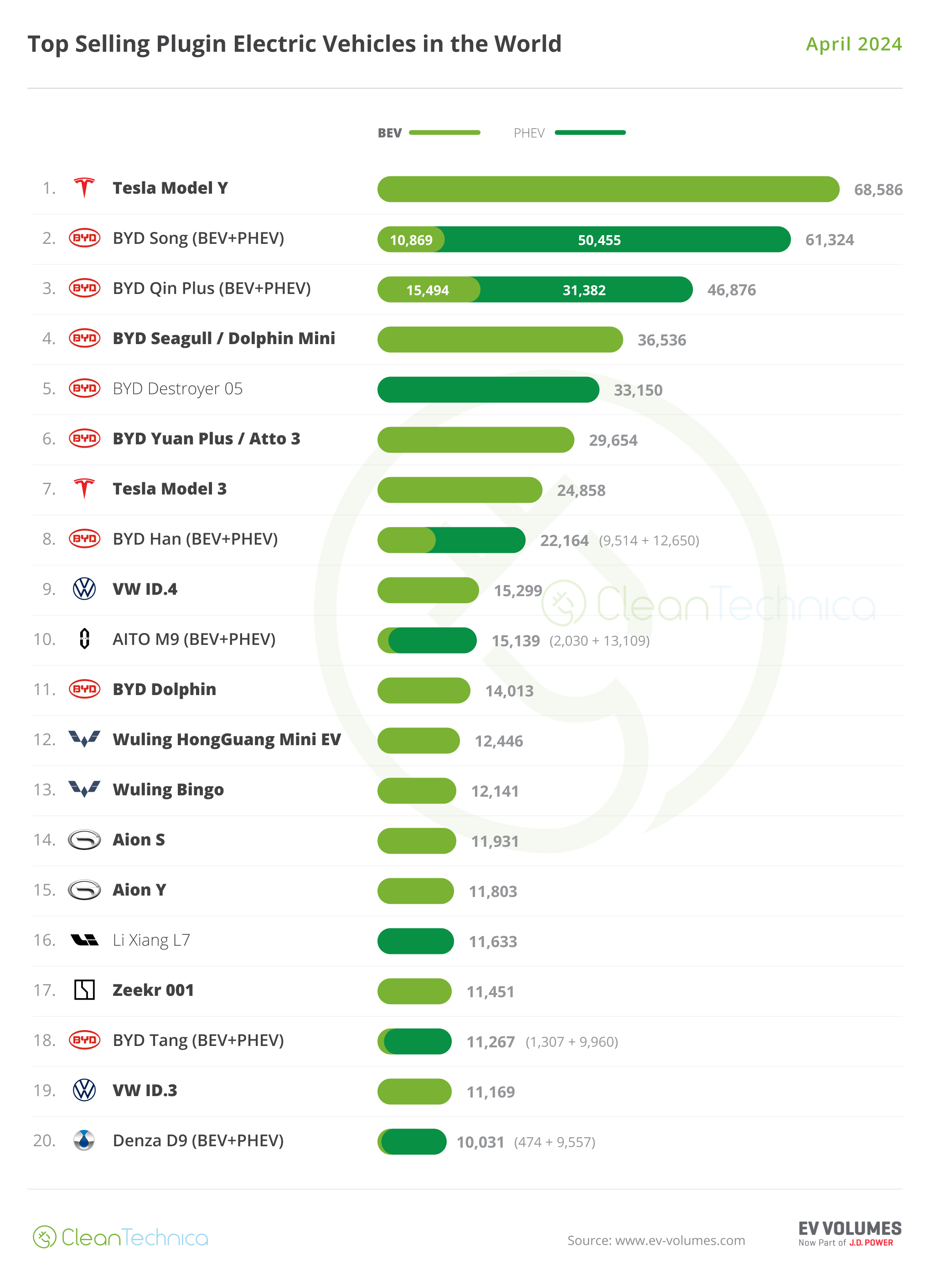Premium Nickel Resources Ltd. [TSXV-PNRL; OTCQX-PNRLF] reported additional high-grade polymetallic assay results for a further 10 holes from drilling at its past-producing nickel-copper-cobalt sulphide Selebi North underground (SNUG) mine in Botswana.
“These assays are the last underground drill holes to be included in the first Selebi NI 43-101 compliant Mineral Resource Estimate (MRE). The MRE will incorporate drilling data from both Selebi North and Selebi Main and is expected in the coming weeks. The delay is predominantly due to the lag time in receiving the assays from drill hole SNUG-24-105,” said Keith Morrison, CEO.
Highlights include: SNUG-24-094 (N2 Limb, 400 metres down plunge of historic N2 resource): 52.45 metres of 2.02% NiEq or 3.59% CuEq (1.26% Ni, 1.17% Cu, 0.06% Co) incl. 10.40 metres of 2.93% NiEq or 5.21% CuEq (1.73% Ni, 1.89% Cu, 0.09% Co).
SNUG-24-105 (South Limb/N2, within the historic resource): 35.60 metres of 2.45% NiEq or 4.35% CuEq (1.54% Ni, 1.38% Cu, 0.08% Co) incl.16.15 metres of 3.03% NiEq or 5.38% CuEq (1.86% Ni, 1.80% Cu, 0.10% Co) and 5.30 metres of 2.39% NiEq or 4.25% CuEq (1.61% Ni, 1.15% Cu, 0.09% Co) and 5.80 metres of 3.38% NiEq or 6.00% CuEq (2.23% Ni, 1.72% Cu, 0.12% Co).
SNUG-24-098 (South Limb, within historic resource): 9.55 metres of 2.84% NiEq or 5.03% CuEq (1.78% Ni, 1.63% Cu, 0.09% Co)SNUG-24-101 (South Limb, 175 metres down plunge of historic resource): 4.55 metres of 2.78% NiEq or 4.94% CuEq (1.96% Ni, 1.19% Cu, 0.10% Co).
SNUG-24-104 (South Limb, 100 metres down plunge of historic resource): 7.00 metres of 3.29% NiEq or 5.84% CuEq (2.19% Ni, 1.64% Cu, 0.12% Co).
Previously, results for 53 holes were released in 11 separate news releases between November 14, 2023 and May 16, 2024.
Morrison commented: “These assays are the last underground drill holes to be included in the first Selebi NI 43-101 compliant Mineral Resource Estimate (MRE). The MRE will incorporate drilling data from both Selebi North and Selebi Main and is expected in the coming weeks. The delay is predominantly due to the lag time in receiving the assays from drill hole SNUG-24-105. Additional BCL mine development data from the lower Selebi Mines levels has also been included, to extend the resource upwards to the existing mine infrastructure. The ongoing underground drilling, along with remaining pending assay results, will support the future classification of inferred resources to indicated resources. An upgrade in classification would enable their inclusion in a future NI 43-101 compliant Prefeasibility Study (PFS), thereby optimizing initial mine life estimates.”
The various mineralized zones have been historically mined and subsequently named N2 Limb, N3 Limb and South Limb to demarcate their location on the folded mineralized horizon. Additional drilling is needed to properly determine true width of mineralization on each limb and define the folded mineralization. Figures 1 through 3 show the location of the holes relative to the historic resource and underground infrastructure.
Three drills are currently active on the 810-metre level exploration drift. The two drill bays, located at the southernmost extent of this drift, allow for the evaluation of areas further down plunge and outside of the known historic resource estimate. The third drill is positioned approximately 130 metres east, orthogonal to the main 810-metre level exploration drift, allowing for optimal intersection angles on South Limb and N2 Limb.
As of June 24, 2024, a total of 41,836 metres in one hundred and seven (107) drillholes have been completed from seven underground drill bays with three of those drillholes currently in-progress. Due to the extensive drilling that has intersected mineralization, the company has released assay results for the most significant intercepts. Drilling continues, and new assay results will be published as they are received and verified by the company. However, these forthcoming assays may not all be included in the initial MRE, which is based on the data available at this time. If warranted, the remaining results and future drilling will support the project’s progression towards a PFS.
The BHEM surveys at Selebi utilize the Crone PEM system operated by local Batswana staff. Survey data is collected using a three component fluxgate probe collecting full waveform data. Surveys have been collected using timebases between 50 and 1,000 metres (0.25 Hz to 5 Hz). The data has been processed to a calculated residual step response to better quantify the conductive sources. This added processing has proven to be invaluable because of the size of the highly conductive mineralized system.
The historical mineral resource estimate referenced herein was calculated for the Selebi North, Selebi Main, Phikwe South and Southeast Extension deposits in accordance with SAMREC, in 2016, and does not comply with NI 43-101. To that end, the Historic Resource is considered to be historical in nature and should not be relied upon as a current mineral resource estimate.




